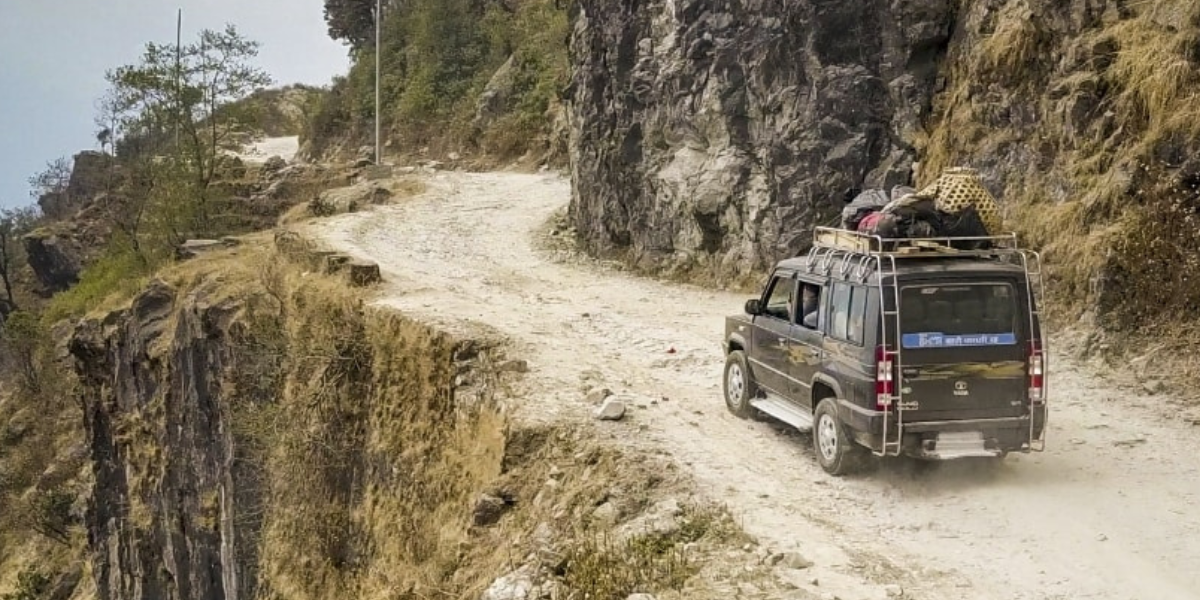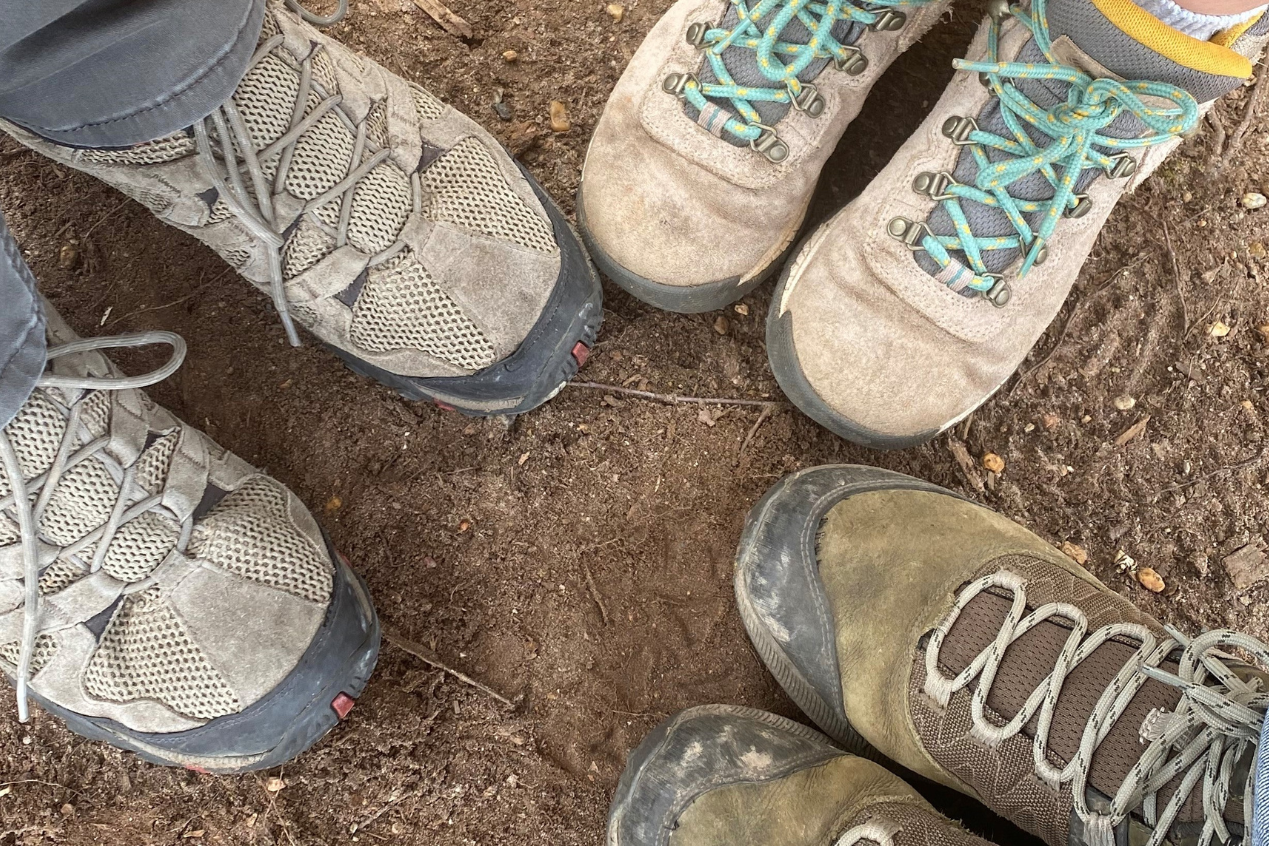
The Great Commission's Final Frontier: Reaching 3000 Unengaged Unreached People Groups
Reaching the world’s unengaged and unreached people groups (UUPGs) is a crucial need for global missions. There are millions of people worldwide who have not heard the transformative message of the Gospel. Today, there are approximately 3000 UUPGs, representing 290 million people. It is estimated that every day nearly 200,000 people die without Christ. In response to this urgent need, the International Mission Board (IMB) has launched Project 3000, an ambitious initiative aimed at engaging these hidden communities and bringing the light of Christ to the darkest corners of the world.
What are UUPGs?
To grasp the mission of Project 3000, it’s important to understand what UUPGs are. A “people group” is a large group of individuals connected by a shared sense of identity and community through characteristics such as ethnicity, culture, caste, language or religion. People groups are further defined in terms of the ability to spread the Gospel without obstacles due to those defining characteristics.
A UUPG is a people group that has not yet heard the Gospel. There is no missionary presence, likely no Gospel access, and no one is trying to engage them. Many of these groups are concentrated in the 10/40 Window, a region spanning from 10 to 40 degrees north of the equator, encompassing parts of North Africa, the Middle East, and Asia. This area is home to approximately 5.33 billion people, or about 65% of the global population, and is known for its limited access to the Christian message and significant socio-economic uncertainties.


The Scale of the Challenge
UUPGs often exist in isolation from the broader world, presenting unique obstacles for those seeking to share the message of Christ. From vast deserts to mountainous regions, many of these groups live in extremely remote or difficult to access areas. Missionaries face lengthy travel times to reach these groups and challenges like harsh climates, food and shelter accessibility, and the physical exertion of trekking through areas with little to no infrastructure. These physical barriers not only make initial contact challenging but also complicate long-term ministry efforts, requiring significant resources and careful planning.
Language diversity among UUPGs presents another major challenge. Many of these languages are undocumented and may not have been developed into a written form, which makes Bible translation and literacy efforts complex. Missionaries often face the monumental task of discerning and learning multiple languages, including a diversity of local dialects.
Political and legal restrictions also create significant hurdles in reaching UUPGs, with some governments actively opposing or prohibiting missionary activities. This is particularly true in regions dominated by religions—such as Islam, Hinduism, or Buddhism—where established belief systems can create hostility toward Christian teachings and make it difficult for individuals to consider the Gospel. Missionaries must be conscious of cultural misunderstandings, recognizing that disparities in worldviews can make communicating the Gospel or finding common ground more challenging. Further, in many cases, conversion to Christianity is viewed as a betrayal of one's community and heritage, leading to social ostracism or even persecution.
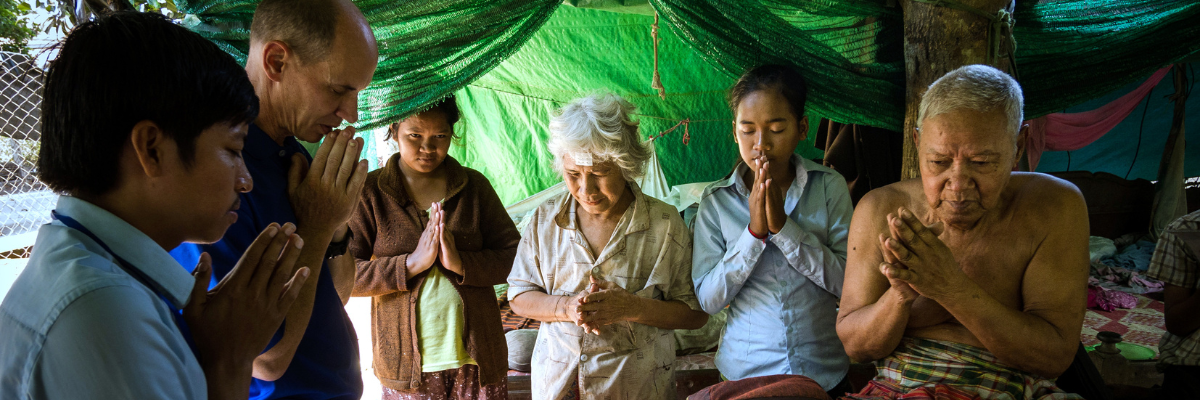
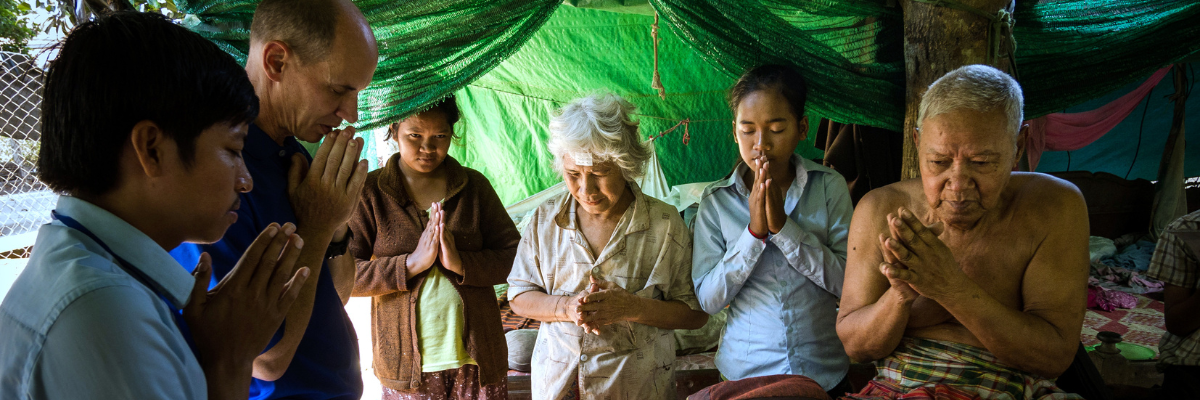
Project 3000: A Bold Initiative
Engaging UUPGs requires significant resources, both human and financial. The long-term nature of the work, combined with the need for specialized training in language acquisition, cultural studies, and contextualized ministry approaches, means that relatively few workers are equipped for these challenging fields. Project 3000 aims to change that.
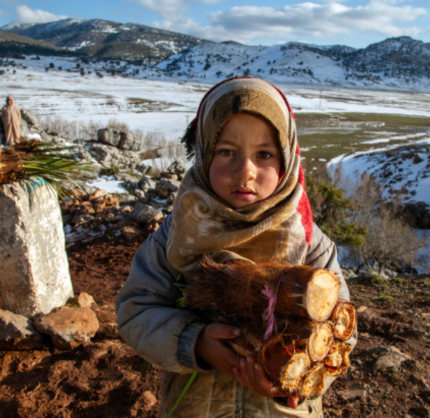
Reaching 3000 Unengaged Unreached People Groups | $1.7M of $2,000,000
LEARN MORE
The IMB’s Project 3000 is an innovative initiative aimed at addressing the challenges of reaching UUPGs.
Launched in 2024, this ambitious project seeks to send 300 missionary explorers over the next several years to research and engage with over 3,000 UUPGs worldwide.
Project 3000 tackles several key challenges in reaching UUPGs:
- Identification and Access: Because many UUPGs are hidden or difficult to locate, missionary explorers are trained to research and find these groups, whether they're in remote jungles or hidden in plain sight in urban areas. They use various methods, including mapping demographics and identifying entry access points.
- Cultural and Linguistic Barriers: Explorers receive specialized training to navigate cultural differences and language barriers. They learn to share the Gospel cross-culturally and develop strategies tailored to each UUPG's unique context.
- Physical Challenges: For UUPGs in remote areas, explorers undergo physical training to prepare for demanding conditions. They learn wilderness survival skills, hiking, and how to live out of a backpack for extended periods.
- Lack of Information: Many UUPGs have significant information gaps. Explorers are tasked with conducting thorough research to understand the culture, beliefs, and needs of these groups.
Empowering Explorers: The Path Forward
Project 3000 emphasizes collaboration with national partners who are knowledgeable about the areas and languages the explorer is researching. As one Project 3000 explorer describes, “Together, we prayerfully seek opportunities to share the Gospel. Our strategy to reach every people group ultimately comes back to local ownership of the Great Commission.”
This approach helps overcome cultural barriers and ensures long-term impact. While the project faces ongoing challenges, such as political restrictions and the need for creative access strategies in certain regions, it represents a significant step forward in the IMB's commitment to reaching the world's most isolated and unreached communities with the Gospel.

You too can become an explorer
Learn More
These explorers, often young adults in their 20s, undergo rigorous training to prepare for their challenging missions. Their preparation includes cultural studies, language acquisition, Gospel sharing in cross-cultural contexts, physical endurance, outdoor survival skills, and research methodologies. Equipped with these skills, explorers embark on journeys that take them to some of the most difficult areas of the world to reach. They rely on transportation—from planes and trains to boats, buses and motorcycles—to take them as close to their intended UUPGs as possible before continuing on foot.
Once they have located a UUPG, they observe to learn about their culture and language, assess their literacy levels and needs, and develop tailored strategies that include identifying local partners for long-term engagement. As explorer Rees Morgan explains, “I go short term so that others can go long term. I go short term to make contact with these people, so that I can write up jobs that allow the local African churches and then the global Church to go and be with these people long term for the Gospel.”
Fulfill the Great Commission by Supporting Project 3000
We are making significant progress in our mission to reach these 3000 UUPGs. You can be part of this groundbreaking effort to reach the world's most isolated communities with the Gospel. Your financial support fuels this vital mission, helping to send hundreds of missionary explorers over the next several years to areas that lack a Gospel presence.
By giving to Project 3000, you are making a meaningful commitment to fulfilling the Great Commission and changing lives through the transformative power of Christ. Every dollar you contribute makes a tangible difference, providing resources for travel, language learning, and community engagement that are essential for reaching these unreached groups. Your support empowers these brave missionary explorers who are stepping out in faith, often into challenging and remote locations, to research, learn about, and share the Gospel with people who have never heard the name of Jesus.


